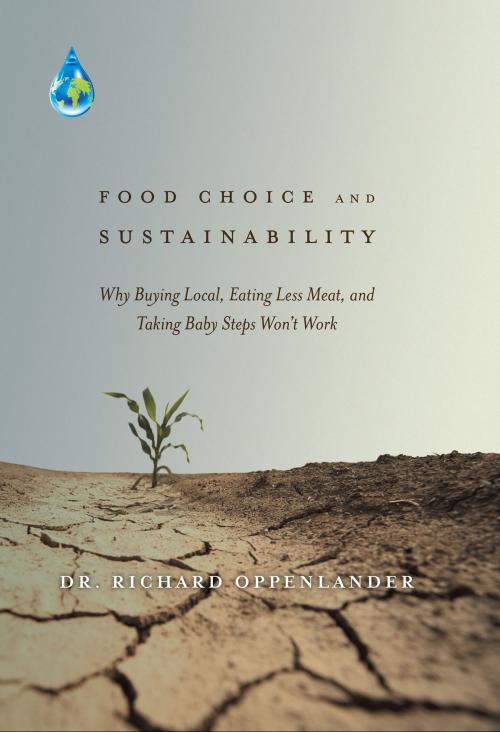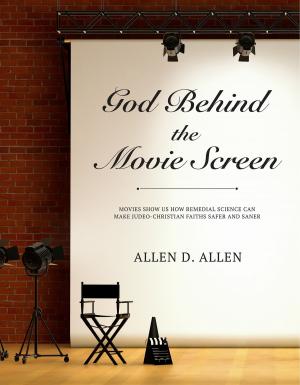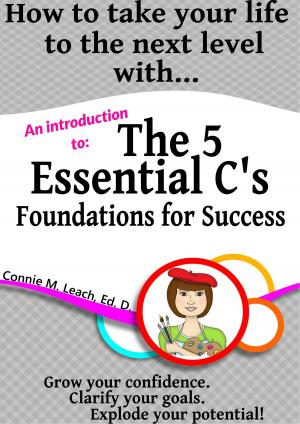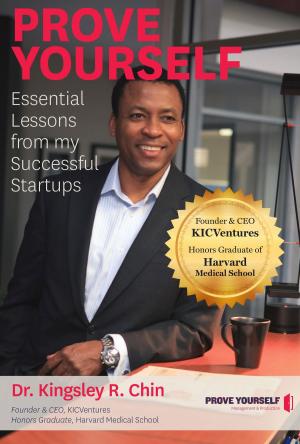Food Choice and Sustainability
Why Buying Local, Eating Less Meat, and Taking Baby Steps Won't Work
Nonfiction, Science & Nature, Nature, Environment, Environmental Conservation & Protection, Business & Finance, Industries & Professions, Industries, Social & Cultural Studies, Social Science| Author: | Dr. Richard Oppenlander | ISBN: | 9781626524378 |
| Publisher: | Publish Green | Publication: | November 19, 2013 |
| Imprint: | Language: | English |
| Author: | Dr. Richard Oppenlander |
| ISBN: | 9781626524378 |
| Publisher: | Publish Green |
| Publication: | November 19, 2013 |
| Imprint: | |
| Language: | English |
What we choose to eat is killing our planet and us, yet use of the word sustainable is ubiquitous. Explanation of this incongruity lies in the fact that sustainability efforts are rarely positioned to include food choice in an accurate manner. This is due to a number of influencing cultural, social, and political factors that disable our food production systems and limit our base of knowledge—falsely guiding us on a path of pseudo sustainability, while we devastate the ecosystems that support us, cause mass extinctions, and generate narrowing time lines that will ultimately jeopardize our very survival as a civilization. Food Choice and Sustainability is a groundbreaking new book that anyone who cares about our future and that of other species should read —individuals, academic institutions, businesses, organizations, and policy makers. Categories of global depletion are detailed, widely held myths are debunked, critical disconnects are exposed, and profound solutions are offered
What we choose to eat is killing our planet and us, yet use of the word sustainable is ubiquitous. Explanation of this incongruity lies in the fact that sustainability efforts are rarely positioned to include food choice in an accurate manner. This is due to a number of influencing cultural, social, and political factors that disable our food production systems and limit our base of knowledge—falsely guiding us on a path of pseudo sustainability, while we devastate the ecosystems that support us, cause mass extinctions, and generate narrowing time lines that will ultimately jeopardize our very survival as a civilization. Food Choice and Sustainability is a groundbreaking new book that anyone who cares about our future and that of other species should read —individuals, academic institutions, businesses, organizations, and policy makers. Categories of global depletion are detailed, widely held myths are debunked, critical disconnects are exposed, and profound solutions are offered















